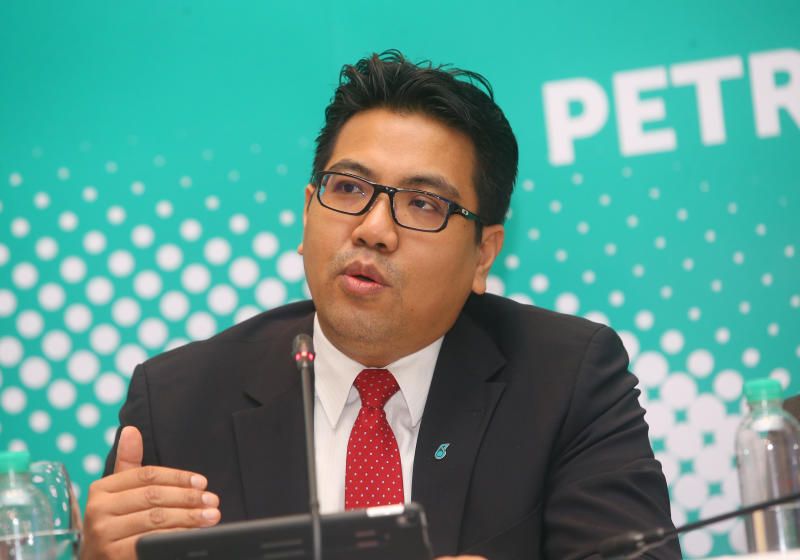(S&P Global Platts) Malaysia’s state-run Petronas will be pursuing most of its oil and gas projects, but by using more cost-effective and cleaner processes, as it strongly believes that those fuels will have a major role to play for the next three decades at least, CEO Tengku Muhammad Taufik told the India Energy Forum by CERAWeek Oct. 28.
“Even in the most green of scenarios, oil and gas will still constitute half of the energy basket. We still believe there is life in this business — and not only life, but there is also promise in it. The only harsh thing is that we need to produce it more cost effectively and cleaner,” he said.
Taufik said that Petronas was carefully looking at its upstream portfolios in about 20 countries to ensure that they delivered value and were cost effective at $40/b — the company’s medium-to-long-term average oil price outlook. In addition, the projects needed to work on containing emissions.
Taufik said the coronavirus pandemic had put energy security in the spotlight as supply chains were being rebuilt.
“Countries have responded by embarking more and more on green recovery, not least of all Malaysia. “Our prime minister [Muhyiddin Yassin] was quoted as saying that this is an opportune time to rethink how Malaysia climbs up the crisis and any means of recovery must include a green, economic pathway,” he added.
Taufik said Petronas saw gas as a transition fuel, adding that the company had a record year in 2019 for final investment decisions on LNG projects, although the process had taken a backseat this year because of the pandemic.
“We believe that LNG will play a key role. The reality is that Asia-Pacific is still going to be energy intensive in its growth. And LNG, particularly where prices are right now, appears to be a very compelling substitute,” he said.
“If you look at China, most of the major cities and regions are moving towards clear blue-sky policy. In addition to Japan, South Korea and Taiwan there is a customer base we have to serve more and more. India is also a prospective market, with more and more policy leading to switching to LNG,” he added.
Taufik added that he expected India to be one of the largest LNG importers globally by 2030, a proposition attractive enough to build a business model and portfolio in the country to grab a piece of the pie.
The hydrogen dream
Commenting on the company’s interest in hydrogen, Taufik said Petronas would be looking at the hydrogen space carefully and was working toward a strategic push into the sector.
“Not too long ago there was a degree of skepticism associated with hydrogen. Now we are talking about production costs and moving to cleaner forms of hydrogen,” he said.
“The reality is that parts of our business already do produce hydrogen from reforming methane, and we have existing facilities that are already doing commercial extraction of hydrogen. The trick is to scale it up at a cost that is competitive, as well as aim to move to green hydrogen at the end of the spectrum. We are looking to quickly scale up some of our existing facilities to enter the hydrogen space. It is a very compelling space.”
Taufik said Petronas was also looking at some of non-traditional biofuels and was keeping a close eye on potential partners in that space.
The company has also made investments in the solar sector in India and was looking for opportunities in other Asian countries in that space. Additionally, India’s push toward embracing electric vehicles had also created an opportunity to growth the lubricant business, he added.



